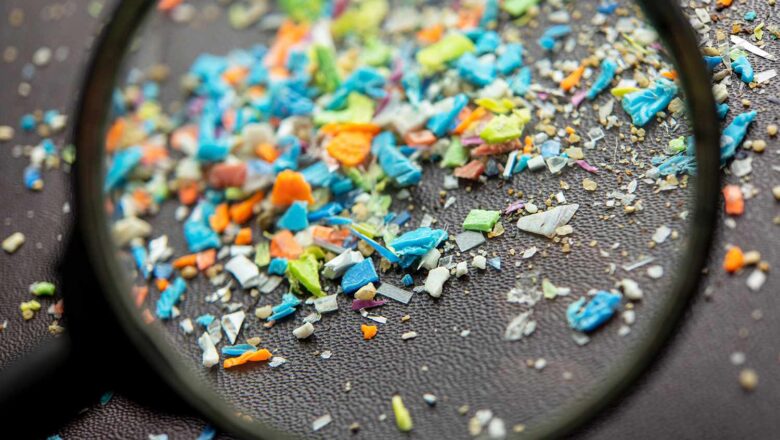
Microplastics Found in Clogged Arteries Linked to Increased Stroke and Heart Attack Risk
Microplastics, tiny plastic fragments that infiltrate human tissues, have been detected in arterial plaques, raising significant concerns about cardiovascular health. A groundbreaking study published in The New England Journal of Medicine explores the association between microplastics in fat-clogged arteries and increased risks of stroke, heart attacks, and death.
Led by Dr. Raffaele Marfella from the University of Campania, Naples, the study analyzed fatty deposits removed from 257 patients undergoing carotid endarterectomy, a surgical procedure to reduce stroke risk. Key findings include:
Microplastics Presence: Nearly 60% of the plaques contained polyethylene, commonly found in plastic bags and bottles. Additionally, 12% contained polyvinyl chloride (PVC), used in pipes, flooring,...
